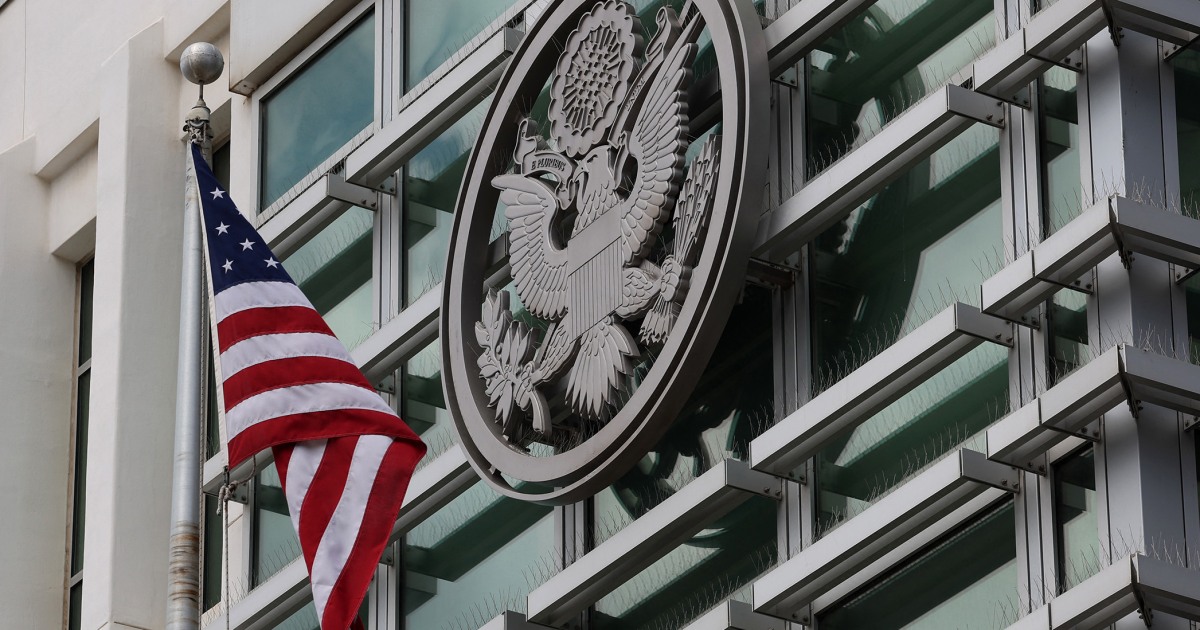Pakistan Promotes Army Chief Syed Asim Munir to Field Marshal Amid Regional Tensions with India

Islamabad, Pakistan – In a significant move that underscores the ongoing military dynamics in South Asia, Pakistan’s cabinet announced on Tuesday the promotion of Syed Asim Munir, the country’s chief of army staff, to the prestigious rank of field marshal. This decision comes in the wake of a recent and intense military confrontation between Pakistan and India that had escalated tensions in the region.
The confrontation, which unfolded over four days in early May, saw both nations exchanging missile and drone strikes, bringing them perilously close to the brink of their fifth war. Thankfully, a ceasefire was established on May 10, facilitated by United States President Donald Trump, effectively halting the hostilities that had seen both countries targeting each other’s military installations.
Following this episode, the Pakistani government has drawn a direct line between the conflict and Munir’s promotion, framing it as a recognition of his leadership during a critical time for national security. The cabinet's official statement highlighted Munir’s “exemplary courage and determination” in his military strategy against Indian aggression.
Prime Minister Shehbaz Sharif emphasized Munir's role, stating, “In recognition of his brilliant military leadership, courage, and bravery, ensuring Pakistan’s sovereignty and territorial integrity, the cabinet approved the prime minister’s proposal to promote General Syed Asim Munir to the rank of field marshal.” This promotion is not just ceremonial; it is a statement of military might and a signal of the army’s continued influence in the political landscape of Pakistan.
In addition to Munir’s elevation, the cabinet also authorized a second extension for Air Chief Marshal Zaheer Ahmed Babar Sidhu, who has been heading the Pakistan Air Force (PAF) for four years. Interior Minister Talal Chaudhry spoke to Al Jazeera about Munir’s promotion, stating that it is a recognition of the challenges faced by the military on two fronts: combating terrorism on the western borders while simultaneously addressing threats from the east.
In his first response to the promotion, Munir expressed humility and dedicated the honour to the “entire nation and the armed forces of Pakistan, especially the civil and military martyrs and veterans.” He clarified that this accolade should not be viewed as an individual triumph but as a collective honour bestowed upon the military and the nation.
The title of field marshal is a highly coveted rank in military hierarchies that follow British traditions, such as those in both Pakistan and India. It is a rarity, with only one other Pakistani army chief, Ayub Khan, having been elevated to this status since the country's independence in 1947. Ayub Khan, who led a military coup in 1958, promoted himself shortly thereafter, marking a notable historical precedent.
The field marshal rank carries unique symbols of authority and is held for life. Inam ul Rahiem, a lawyer and former military officer, elaborated on the significance of the rank, noting that field marshals possess their own insignia and do not need to respond to salutes in the traditional manner.
On the Indian side, the title of field marshal has also been awarded sparingly, with only two generals receiving the honour since 1947. General Sam Manekshaw, recognized for his leadership in the 1971 war, and Kodandera M Cariappa, India’s first army chief after independence, exemplify this rarity.
Turning to the implications of Munir’s promotion, it is crucial to consider the longstanding influence of Pakistan's military. As the most powerful institution in the country, the military has a significant impact on both governance and politics, often overshadowing civilian leadership. Historically, army chiefs have held considerable sway, frequently being viewed as the de facto leaders of Pakistan.
The current political climate is complex, with Munir's predecessor, General Qamar Javed Bajwa, having acknowledged in a farewell speech the military’s history of political involvement. However, recent accusations from leaders associated with former Prime Minister Imran Khan’s party suggest that under Munir’s leadership, the military has stepped up its interference in civilian politics. This tension became evident during the 2024 elections where allegations of rigging were prevalent, although the military and the government have rejected such claims.
Moreover, Munir is co-chairing the Special Investment Facilitation Council (SIFC), aimed at easing investor engagement in Pakistan, reflecting the military's entrenchment in economic affairs as well as its political role. Under Munir’s authority, Pakistan's economy appears to be stabilizing after a severe crisis, with foreign reserves recovering and inflation dropping significantly.
Experts suggest that while Munir's promotion to field marshal is largely ceremonial, it may signal an extension of his leadership term beyond 2027, especially given the context of his ongoing strategic military role. Political analysts have noted that this promotion is not merely a tribute but could serve to solidify the military’s grip on Pakistan's political arena.
Critics of the military establishment argue that such promotions signal a commitment to reinforce military dominance in governance, raising concerns about the future of democracy in Pakistan. This sentiment is echoed by various political analysts who warn that a stronger military influence could undermine the nation’s democratic processes.
However, minister Chaudhry has refuted these criticisms, framing the military’s actions and Munir’s promotion as necessary for national security and a testament to the army’s capabilities, particularly in light of recent conflicts. The ongoing discourse surrounding Munir's elevation continues to reflect the complex interplay between military and civilian power in Pakistan.


























